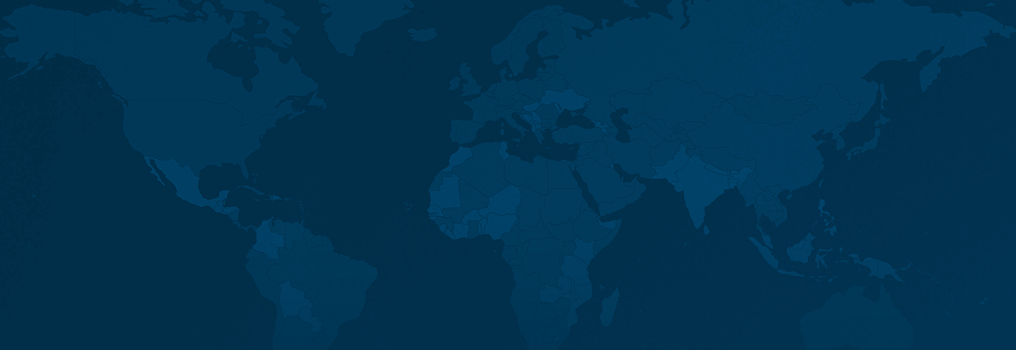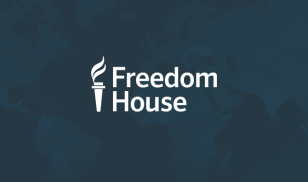


Rwanda
The Rwandan Patriotic Front (RPF), led by President Paul Kagame, has ruled the country since it ousted forces responsible for the 1994 genocide, ending the civil war that began in 1990. While the regime has maintained stability and economic growth, it has also suppressed political dissent through pervasive surveillance, intimidation, arbitrary detention, torture, and renditions or suspected assassinations of exiled dissidents.
Research & Recommendations
Rwanda
| PR Political Rights | 8 40 |
| CL Civil Liberties | 15 60 |
Overview
The Rwandan Patriotic Front (RPF), led by President Paul Kagame, has ruled the country since it ousted forces responsible for the 1994 genocide, ending the civil war that began in 1990. While the regime has maintained stability and economic growth, it has also suppressed political dissent through pervasive surveillance, intimidation, arbitrary detention, torture, and renditions or suspected assassinations of exiled dissidents.
Democratic governments and donors must increase and sustain support for those working to defend and promote fundamental freedoms around the world. Failure to do so emboldens autocrats and can result in the loss of hard-won progress.
The events of the past year in places such as Nagorno-Karabakh and the Gaza Strip provided stark evidence that populations without self-determination are at greater risk of extreme human rights abuses or atrocities.
At least 40 countries are holding national-level elections in 2024, and many more will conduct other types of balloting. Free and fair elections are a cornerstone of any democracy, and independent and transparent electoral processes are necessary to foster genuine competition and public trust.
Rwanda
| A Obstacles to Access | 13 25 |
| B Limits on Content | 11 35 |
| C Violations of User Rights | 13 40 |
Overview
Internet freedoms remained highly restricted in Rwanda during the coverage period: the government continued imprisoning and intimidating online journalists and critics, as well as subjecting them to harassment and violence while in detention. Self-censorship online remains common as the government increasingly tightens its control of the online media environment. Over the past several years, evidence has implicated Rwandan authorities in the widespread use of commercial surveillance tools against journalists, activists, and opposition leaders.
Freedom of expression online is increasingly under attack as governments continue to restrict connectivity and block social media platforms and websites that host political, social, and religious speech. Protecting freedom of expression will require strong legal and regulatory safeguards.
Even before the new wave of generative artificial intelligence (AI) products, AI was a key factor in the crisis of information integrity, serving as an intensifier in environments that were already vulnerable to manipulation. However, advancements in generative AI will supercharge the creation and dissemination of false and misleading content.
Governments worldwide have passed increasingly disproportionate surveillance laws, and can access a booming commercial market for surveillance tools, giving them the capacity to flout the rule of law and monitor the private communications of individuals inside and beyond their borders.

Election Watch for the Digital Age equips technology companies, civil society organizations, and policymakers with a data-driven resource for evaluating the human rights impact of internet platforms on a country’s electoral process.
Our Election Vulnerability Index consists of key election-related indicators regarding a country’s political rights and internet freedom. Derived from our annual Freedom in the World and Freedom on the Net reports, the data and accompanying analysis allows users to identify specific areas of concern ahead of a country’s election, including online influence operations, internet shutdowns, or intercommunal tensions fanned by social media.

Rwandan transnational repression is exceptionally broad in terms of tactics, targets, and geographic reach. Rwandans abroad experience digital threats, spyware attacks, family intimidation and harassment, mobility controls, physical intimidation, assault, detention, rendition, and assassination. The government has physically targeted Rwandans in at least seven countries since 2014, including the Democratic Republic of Congo (DRC) and Kenya, as well as farther afield in South Africa, the United Arab Emirates, and Germany. Rwandans as far-flung as the United States, Canada, and Australia report intense fears of surveillance and retribution.
The cases documented by Freedom House represent a small fraction of alleged incidents, but provide a useful window into the extent and methods of the Rwandan government’s campaign, especially when taken into consideration alongside interviews, existing research, and the broader pattern of allegations.




